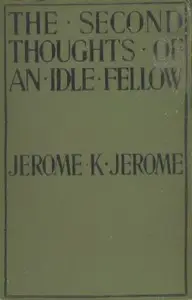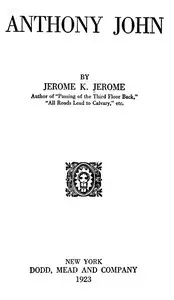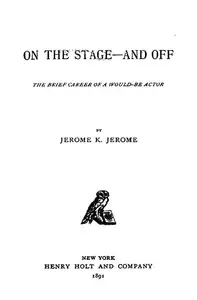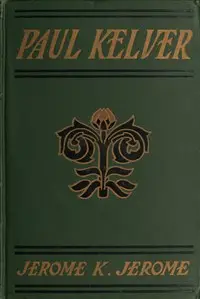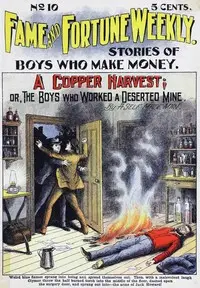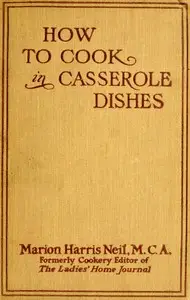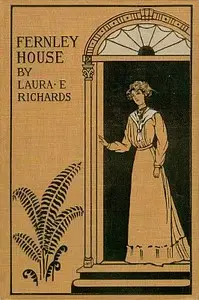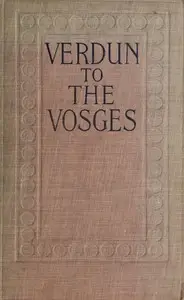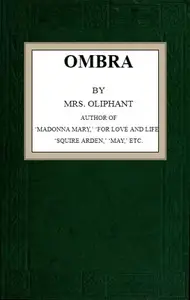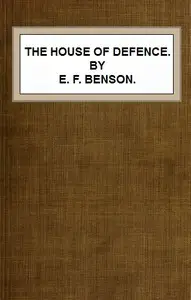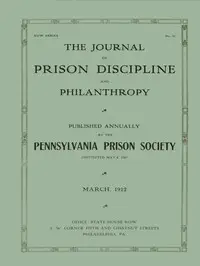"The Observations of Henry" by Jerome K. Jerome is a collection of fictional stories written in the late 19th century. The narrative is delivered through the voice of Henry, a waiter, who recounts his experiences and observations of life in various hotels and restaurants, focusing on the interactions of peculiar characters and the quirks of society. The tales encompass themes of class disparity, personal aspirations, and the pursuit of happiness in the midst of life's absurdities, often with a comedic tone. At the start of the book, Henry introduces himself and vividly narrates his first encounter with a young boy called “Kipper” and a girl nicknamed “Carrots” in a coffee shop on the Mile End Road. He describes their simplistic yet amusing dynamic, revealing their youth and resilience as they navigate their challenging circumstances. As the story unfolds, we see glimpses of Kipper’s ambitions to rise above his humble beginnings, alongside Carrots’ budding talents, foreshadowing a journey filled with irony, adventure, and the search for identity. Henry's reflective and humorous storytelling style sets the tone for the intriguing tales that follow in the collection. (This is an automatically generated summary.)

The Observations of Henry
By Jerome K. (Jerome Klapka) Jerome
"The Observations of Henry" by Jerome K. Jerome is a collection of fictional stories written in the late 19th century. The narrative is delivered thro...
Jerome Klapka Jerome was an English writer and humorist, best known for the comic travelogue Three Men in a Boat (1889). Other works include the essay collections Idle Thoughts of an Idle Fellow (1886) and Second Thoughts of an Idle Fellow; Three Men on the Bummel, a sequel to Three Men in a Boat; and several other novels. Jerome was born in Walsall, England, and, although he was able to attend grammar school, his family suffered from poverty at times, as did he as a young man trying to earn a living in various occupations. In his twenties, he was able to publish some work, and success followed. He married in 1888, and the honeymoon was spent on a boat on the River Thames; he published Three Men in a Boat soon afterwards. He continued to write fiction, non-fiction and plays over the next few decades, though never with the same level of success.

